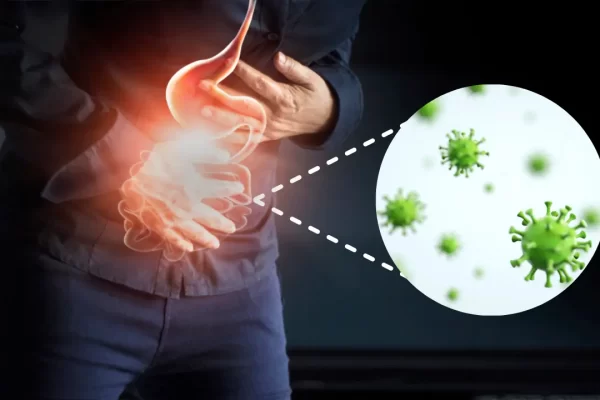It’s never fun to have to think twice before what you eat. If your body cannot support certain foods, there is always the looming dread that a meal could lead you to the emergency room. Studies have revealed that undetected food allergies can turn into several serious medical conditions.
A food allergy is a condition that happens when your immune system overreacts to a food or a compound found in the food, triggering an abnormal response. If you have a food allergy, even a small amount of the problematic food can orchestrate an allergic reaction. Allergy causing foods can trigger digestive problems, hives or swollen airways. In some people, food allergies can cause extreme symptoms or even a life-threatening condition called anaphylaxis. Anaphylaxis is a whole-body allergic reaction which can impede your breathing, include an itchy rash, low blood pressure and affect your heart rate. It can be a fatal problem and need immediate action. Signs and symptoms of an allergic reaction may vary from a few minutes to a few hours after exposure. Symptoms of a potential food allergic reaction include the following:
- Face and lips swelling
- Tingling in the mouth
- Skin rash
- Shortness of breath
- Vomiting
- Stomach cramps
- Trouble swallowing
Many mistake food allergies to food intolerances. Food intolerance is not as severe and life-threatening as they don’t attack the immune system. While food intolerances are due to the gut’s inability to digest food, food allergies are the result of the body’s immune system.
Triggers
Although any food can cause an allergic reaction, depending on the person, there are just 8 foods in particular that cause food allergies. The common foods that tend to be allergens in adults and children are nuts like peanuts, almonds, walnuts and cashews; peanuts, eggs, wheat, soy, cow’s milk, fish and shellfish.
Management and Treatment
The best way to dodge an allergic reaction is to stay away from foods that cause the manifestation of the signs and symptoms. However, it is not always possible to stay extremely cautious and you may come in contact with a food that causes a reaction.
Check the list and labels of ingredients of foods items before buying them. Some food products are labelled with precautionary statements like “may contain” or “made in a shared facility” or some other sign that may indicate potential allergens. If you have questions about what foods are save for you to eat, consult your allergist. A dietitian or nutrition may also be able to help. These food experts can help offer tips for you to keep away from foods and/or ingredients that trigger your allergies. They can ensure that you get the all the nutrients you need while excluding the certain foods.
Few myths about food allergies
Some people think a tiny bite won’t hurt. However, for some people, even a tiny taste of the food can cause a reaction.
Lactose intolerance is the same as milk allergy. Lactose intolerance is due to the deficiency of enzyme that breaks down milk and sugar in the intestines, while a milk allergy is the immune system’s reaction to the protein found in milk.
Adults can’t develop allergies, which is again a common myth as food allergies don’t only begin in infancy, adults can develop them too further into their lives.
To Read More Nutrition Blogs.



